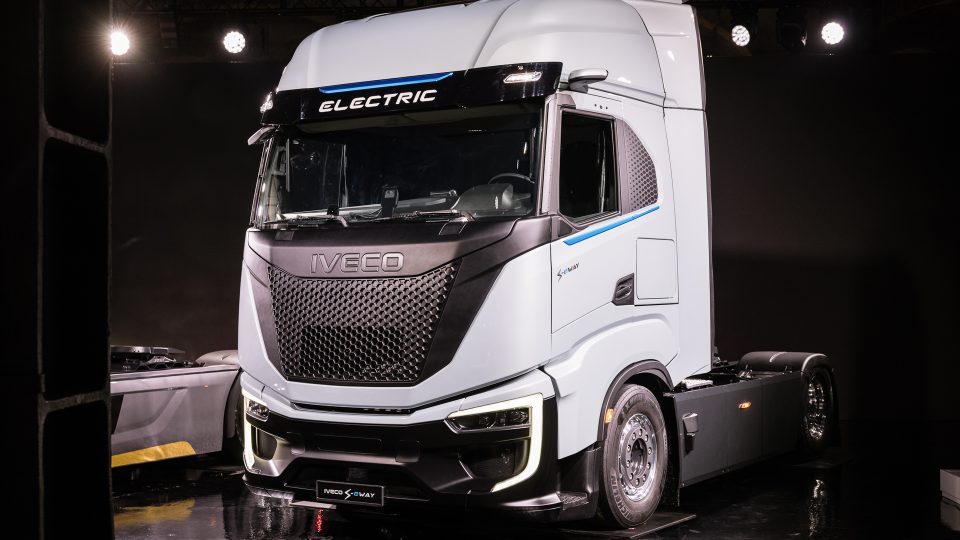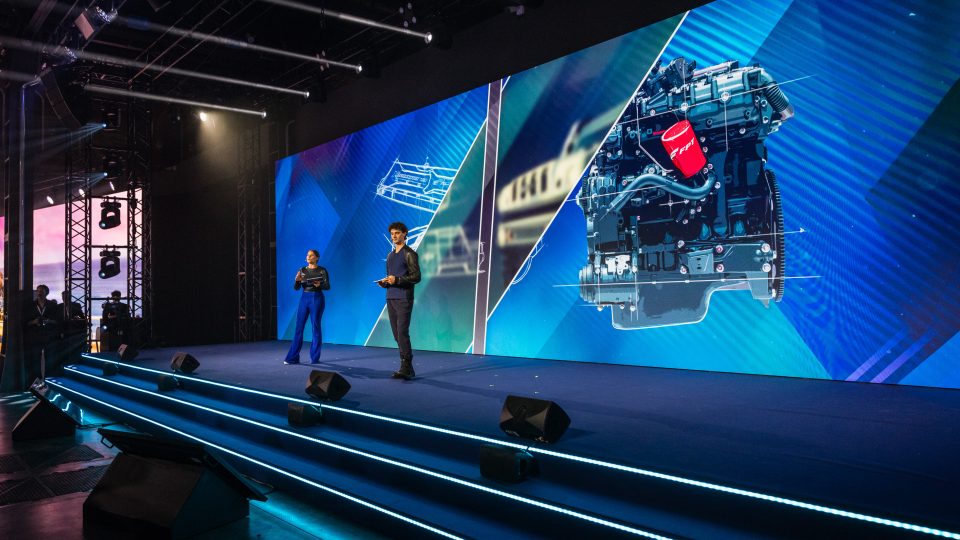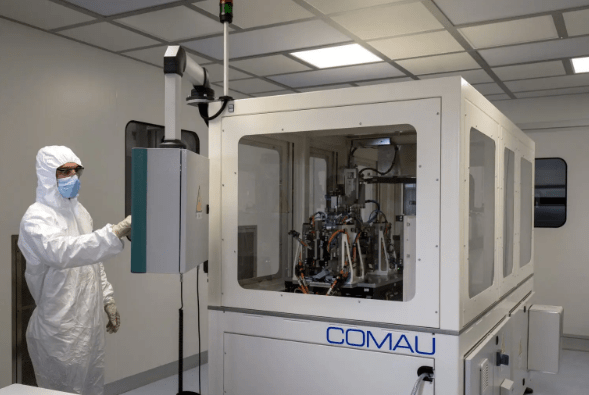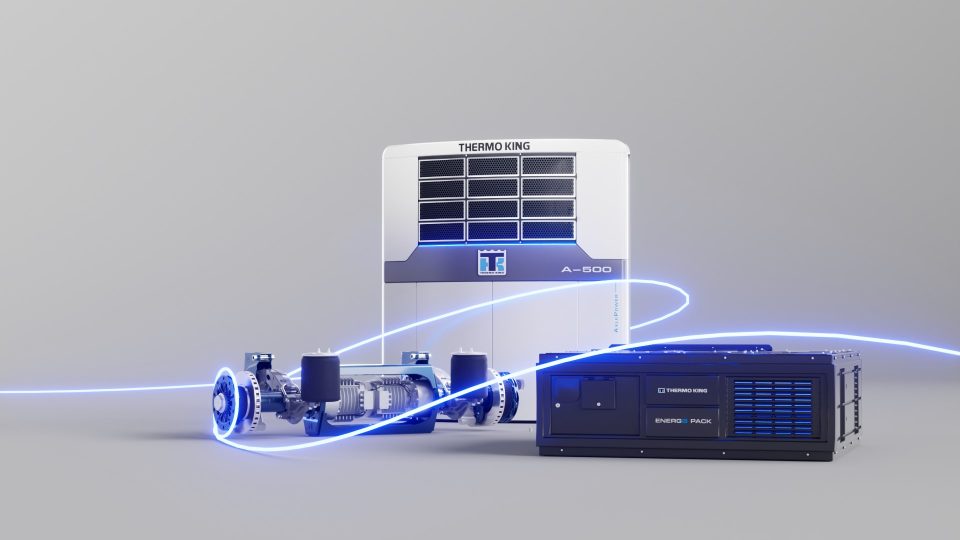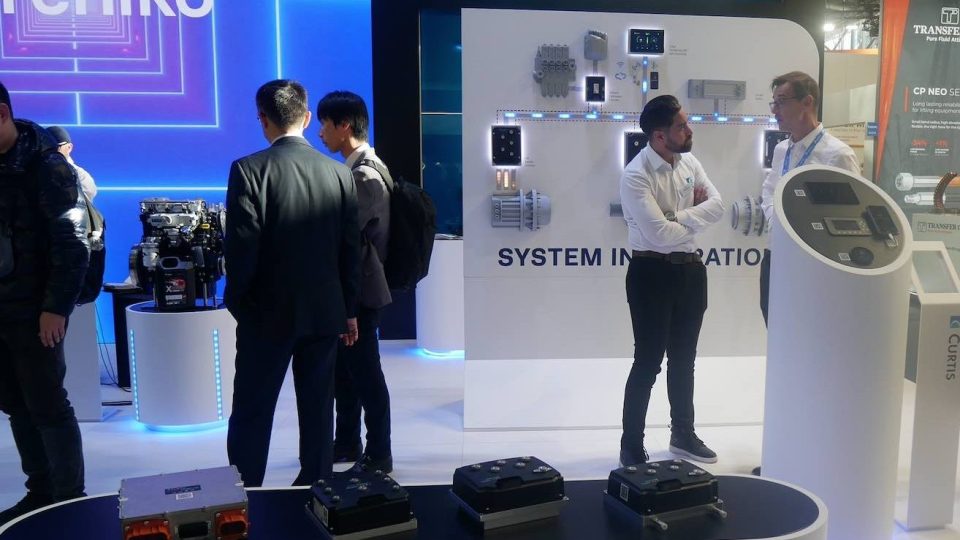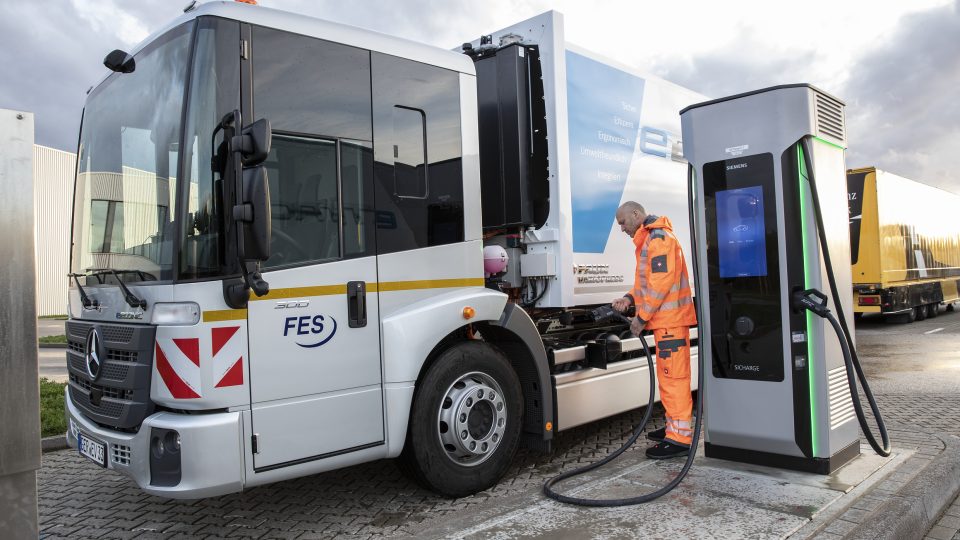The importance of a European supply chain for semiconductors. Bosch to lead the Transform project
«The aim of the Transform project is to secure a leading role for Europe in new technologies based on silicon carbide», said Jens Fabrowsky, Executive vice-president in the Bosch Automotive Electronics division. Scheduled to run until 2024, the publicly funded project is focusing on five use cases in the automotive, industry, renewable energy, and agriculture sectors.
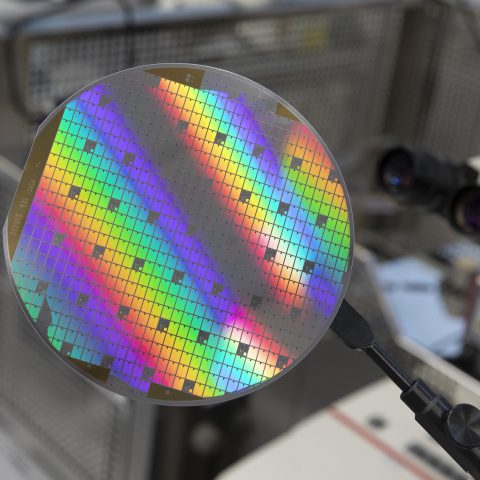
Bosch will apparently lead the so-called ‘Transform’ project (here’s the website with all the info), a consortium that brings together key European players along the silicon carbide value chain and currently relies on 34 partners (universities, research institutes and companies) from 7 European countries. The project is publicly funded, with funds coming from both the European Union and other national bodies. This is quite a significant news, as the issue of semiconductor shortage is actually affecting production all over the world and mainly in Europe, which strongly relies on components manufactured in the Far East. As a matter of fact, Bosch has recently announced the enhancement of some of its laboratories in Germany and Malaysia in order to boost production in the next months and years.
The Transform project on technologies based on silicon carbide
«The aim of the Transform project is to secure a leading role for Europe in new technologies based on silicon carbide», said Jens Fabrowsky, Executive vice-president in the Bosch Automotive Electronics division. Scheduled to run until 2024, the publicly funded project is focusing on five use cases in the automotive, industry, renewable energy, and agriculture sectors.
Power electronic applications are at the heart of numerous electronic systems. They control the switching processes in these systems and keep any power losses to a minimum. The power semiconductor devices in these applications ensure that they operate as efficiently as possible. Conventionally, the chips in these devices are made of ultra-pure silicon. In the future, however, this will increasingly be replaced by silicon carbide, which offers numerous advantages over pure silicon. For example, silicon carbide semiconductors display better electrical conductivity and enables higher switching frequencies while also ensuring that much less energy is dissipated in the form of heat. In addition, power electronic applications with SiC chips can be operated at much higher temperatures, with the result that a simpler cooling system is required, which also saves energy.
Potrebbe interessarti
Nikola will rely on Bosch technology for fuel cell manufacturing
A budget of more than 89 million euros
The Transform project has the target to establish a resilient European supply chain for the production of power electronic applications based on innovative SiC power semiconductor devices. The demand for such technology is set to grow rapidly, especially with respect to energy-intensive applications such as electrical vehicle powertrains, EV charge spots, and power supply infrastructure. This project has a budget of more than 89 million euros and is funded by the European Union as well as national bodies. It brings together key players along the SiC value chain in Austria, the Czech Republic, France, Germany, Italy, Spain, and Sweden.






